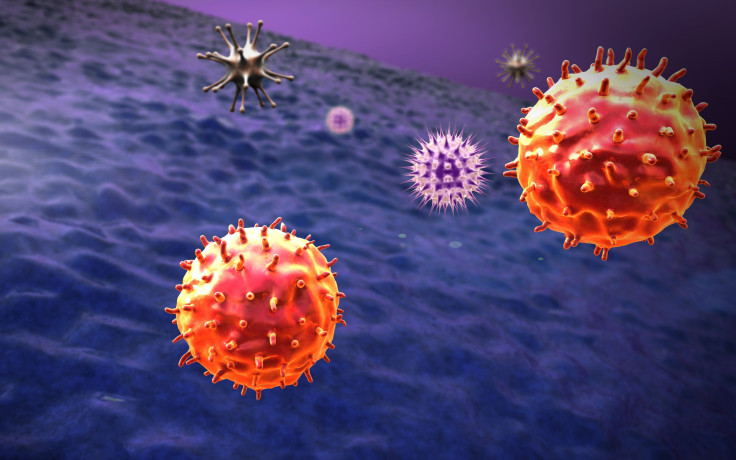New Synthetic Tumor-Targeting Molecule Successfully Illuminates And Kills Cancer Cells In Trials

Part of the trouble in treating cancer is locating the cancerous cells. Without getting rid of all the cancer, the cancer is likely to re-infect other areas of the body. Scientists have developed a synthetic molecule that is able to search out and find cancer cells like a heat-seeking missile. Once found, the molecules illuminate the cancer cells in order to help doctors ensure that every bit of cancer will be removed.
This impressive molecule is called alkyl phosphocholine, or APC for short, and was developed by scientists at the University of Wisconsin Carbone Cancer Center (UWCCC). A report of clinical trial results can be found in the journal Science Translational Medicine.
Impressive Trials
In trials, the APC molecule was able to deliver a radioactive or florescent imaging label to cancer cells. APC also successfully killed cancer cells by binding them with a deadly radioactive medicine, according to a recent press release. "I was a skeptic; it's almost too good to be true,'' explained co-lead author Dr. John S. Kuo, in the press release. The molecule also correctly tagged an impressive 55 of 57 different cancers in both rodent and human test subjects.
How It Works
The man-made molecule works by entering the body intravenously and sticking to the membranes of cancer cells. The cancer cells then allow the APC to enter them. At this time, either the imaging or treatment medication inside of the APC will remain in the cancer cells for up to days or weeks. The APC allows researchers to see a clear image of the cancer. Medication in the APC can also kill the cancer cell.
This molecule is able to work on common cancers such as breast, lung, brain, and melanoma because they all lack a certain enzyme involved in metabolizing cell membranes. "It is a very broad cancer-targeting agent in terms of the many different cancers that tested positive. The APC analogs even sometimes revealed other sites of cancer in patients that were small, asymptomatic and previously undetected by physicians," Kuo added.
What This Means To Us
According to Kuo, a specialist in the treatment of brain tumors, the APC molecule is “potentially superior to current imaging methods.” Current MR and PET imaging often mistake surgical scars, post-treatment effects, inflammation, and even infection for a cancer, Kuo explained. This causes them to sometimes give false-positive results and makes it hard for a doctor to truly know whether or not the cancer has returned. Using APC imaging may lower the number of false-positive test results. It would also eliminate the need for controversial "second-look" surgeries, which although give accurate results, can sometimes put patients through an unnecessary and expensive surgery.
APC has the potential of making cancer surgeries both more effective and significantly safer. Cancer cells that were missed or not removed due to the sensitive location can then be treated with APC radioactive therapy.
Published by Medicaldaily.com



























